Iran Readies for a Possible Game Change After the Nuclear Talks
Iran's approach to negotiating with the United States and five other international parties currently displaying a keen interest in how Tehran conducts its nuclear program isn't informed only by concerns about the future of that program in and of itself.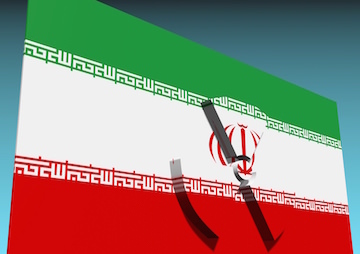 GrAl / Shutterstock
GrAl / Shutterstock
Iran’s approach to negotiating with the U.S. and five other international parties currently displaying a keen interest in how Tehran conducts its nuclear program isn’t informed only by concerns about the future of that program in and of itself.
As The Guardian illustrated in an article published Sunday, the stakes involved in this latest power huddle in Vienna encompass more than even that hugely significant aspect of Iran’s sovereignty:
“It is a big moment,” said Sadegh Zibakalam, a prominent reformist academic. “In years to come people will refer to this agreement as a landmark in modern Iranian history. It is of crucial importance that Iran has said: ‘OK, we are going to trust the west.’ If we reach an agreement with the US – the Great Satan – on an issue that divided us for more than a decade, it will be a huge transformation.”
The impending deal looks like a triumph for Hassan Rouhani, elected president two years ago in place of the divisive Mahmoud Ahmadinejad, who ransacked government coffers to fund populist projects at home and outraged the world with his Holocaust denial. Still, everyone knows that Rouhani and his foreign minister, Javad Zarif, have the blessing of the supreme leader, Ayatollah Ali Khamenei, and that the regime desperately needs the agreement.
Opponents warn of dire and far-reaching implications. “A segment of our political elite and intellectuals who believe Iran needs closer relations with the west think the 1979 revolution needs to finish,” said Foad Ezzadi, a Tehran University professor who describes himself as a “principalist” – or hardliner, in less elevated language. “They believe, as Henry Kissinger put it, that Iran needs to be a country, not a cause, … but if the agreement violates our principles there will be a backlash, not just from men in turbans but ordinary people who have a sense of national pride.”
Meanwhile, U.S. Secretary of State John Kerry set the mood ahead of Tuesday’s big finish with a press conference in Vienna on Sunday, at which he made the accurate, if obvious, assessment that, although progress had been made in recent days, “it’s now time to see whether or not we are able to close an agreement.”
And although his Iranian counterpart, Foreign Minister Mohammad Javad Zarif, remarked Friday that the two sides had “never been closer” to reaching a durable agreement, Kerry was careful to avoid talking as though the deal was about to be sealed.
“If hard choices get made in the next couple of days, and made quickly,” Kerry allowed, “we could get an agreement this week. But if they are not made, we will not.”
He added: “In the coming hours and days, we’re going to go as hard as we can.”
–Posted by Kasia Anderson
Your support matters…Independent journalism is under threat and overshadowed by heavily funded mainstream media.
You can help level the playing field. Become a member.
Your tax-deductible contribution keeps us digging beneath the headlines to give you thought-provoking, investigative reporting and analysis that unearths what's really happening- without compromise.
Give today to support our courageous, independent journalists.
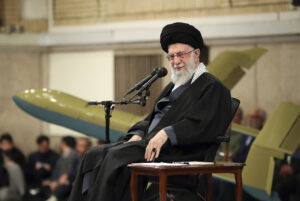
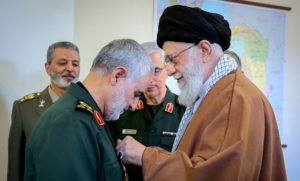

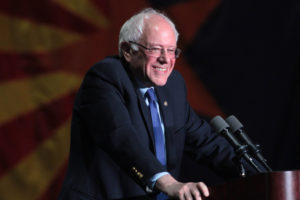
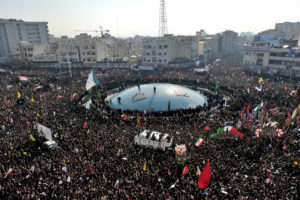
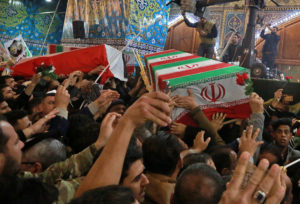
You need to be a supporter to comment.
There are currently no responses to this article.
Be the first to respond.